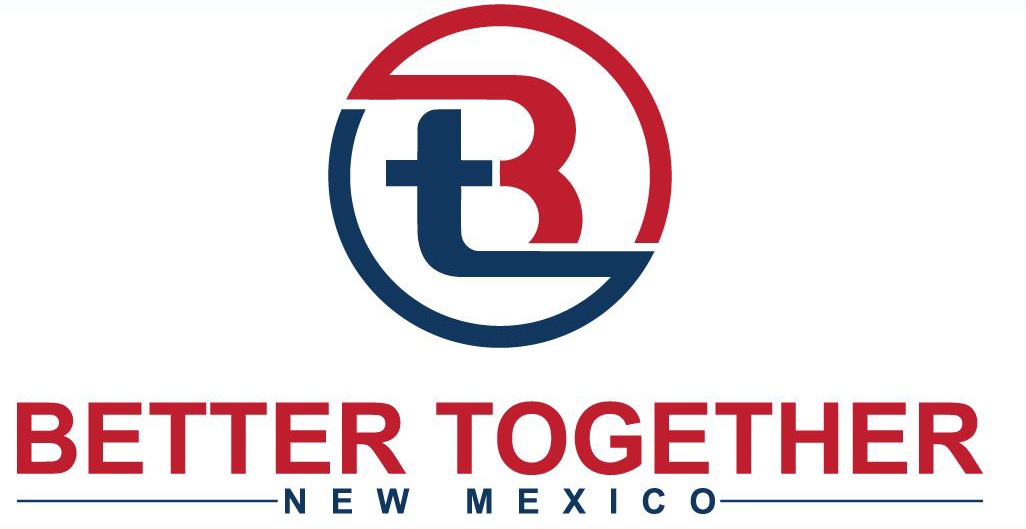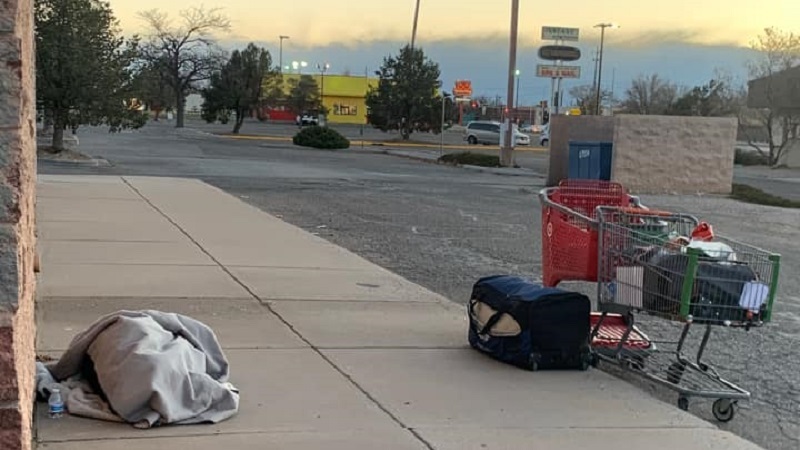By Sam Jackson
Colleen Aycock believes the city of Albuquerque is doing the local homeless population, and the city itself, a disservice by promoting its “Housing Forward” plan to convert motels into temporary housing, calling the program “poorly conceived.”
The OneAlbuquerque Fund has set a goal of adding 5,000 new living spaces to Albuquerque to address the housing shortage, and the city and its Real Property Division have made plans to buy the Sure Stay Hotel on Hotel Circle and convert it to public housing for low-income or homeless people. Aycock, however, says that isn’t the solution the city needs.
“WE don’t need to be adding to this City’s poverty level,” Aycock told the New Mexico Sun. “WE are already one of the poorest states in the nation, where forty percent our population is in need of services. We need to stop the homeless handouts and start developing homeless requirements and responsibilities. Giving homeless and other voucher individuals a partial apartment, where they cannot fully provide food needs for themselves and must rely on forty hours of public paid social services doesn’t encourage independent living.”
To buy the hotel, the city needed to create an amendment in the zoning plan, which allows for buildings that weren’t intended for permanent housing to be converted into homes without a full kitchen. Opponents like Aycock say such housing isn’t sufficient for permanent living conditions, especially for families, and Aycock believes the city should repeal the amendment.
“Do not promote hovels or turn former business areas into slums,” she said. “Hotels and motels were never built to house anyone permanently, especially families.
Businesses in the area such as Sadies, the Owl Café and Applebees, along with Target, Office Depot, Best Buy, Home Store, PetCo and the Mattress Store would be adversely affected by the change, Aycock says, and changes should be made to the plan before the purchase is made official.
“We believe that the City has red-lined Districts 9, 6 and 2 in adversely selecting these districts for the homeless vouchers,” she said. “We feel the City has failed to include real input from the citizens of these districts. We will be meeting with citizen activists from these districts in the near future.”
Aycock says the city can’t “buy its way out of homelessness,” and programs such as Camp Hope in Las Cruces and others don’t operate on public funding and are based on more than “handouts of food, clothing and housing.”
“They provide (and hence require responsibility for) drug rehab programs, GED courses, technical/industrial/mechanical schools and jobs in whatever services are available in the community, be they restaurants or hotels,” Aycock explained. “The goal of these programs is to get someone out of homelessness, not to keep them dependent on public services (as motel conversions would do.)”
Instead, Aycock said, the city should repeal the IDO amendment.
A public meeting was held Dec. 6 to give information about the Sure Stay Hotel conversion and discuss strategies to increase the housing supply in Albuquerque. Aycock, however, said the meeting was “hastily reported” to the public to prevent pushback, adding that the city’s goal to create 5,000 new housing units was only an estimate, adding that the city should be doing more to promote jobs for the homeless.
“The City should NOT be in the housing business, period,” she said. “The buzzy title ‘Housing Forward’ is designed to reward the builders and not the truly homeless, the affected businesses, nor the citizens.”
The city should instead promote jobs that hire homeless people, Aycock added.


